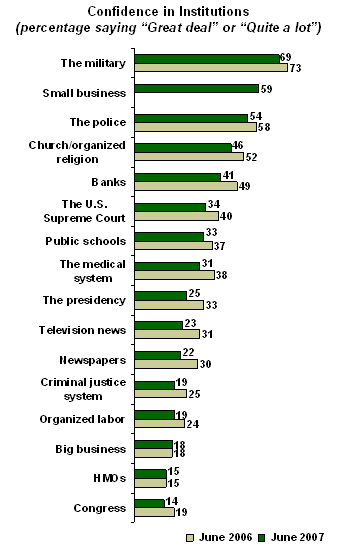From Reuters:
"U.S. antitrust authorities confirmed on Tuesday they reached an accord with Microsoft Corp. requiring the company to modify its Vista operating system in response to complaints its desktop search function puts Google Inc. and other potential competitors at a disadvantage.
"The Justice Department said Microsoft would create a 'mechanism' for computer users and manufacturers to select a default program to handle desktop search."
More from the New York Times:
"Google maintained that its desktop search program, available as a free download, was slowed by an equivalent feature that is built into Vista. When the Google and Microsoft search programs run simultaneously, their indexing programs slow the operating system considerably, Google contends. As a result, Google has said that Vista violated Microsoft’s 2002 antitrust settlement, which prohibits Microsoft from designing operating systems that limit the choices of consumers."
So, let me get this straight, Microsoft is being punished for
allegedly putting its competitors at a disadvantage. Well, heck, we better start suing every company in the US (as well as any company in any other capitalist country on which we can get our hands) since they, by definition, are either a) doing that or b) trying to do that. After all, trying to create and sustain a competitive advantage over one's rivals is what companies have to do to remain competitive, stay in business, and, ultimately, drive innovation and create value for all stakeholders (shareholders, employees, and customers).
On top of that, it is not just that Google is somehow put at a disadvantage - it's that, apparently, Microsoft is obligated to provide society with a software platform on which any other company can build software (that competes with its own, don't forget) that runs just as well as anything that is
built-in. This is like saying that Ford is obligated to create a vehicle in which any after market peripheral device (radio, CD player, ejection seat, etc.) works perfectly even if it replicates something that a built-in component already does. Imagine if a third party parts manufacturer sued GM or Ford because their (the third party manufacturer) part (which, remember is, at least partially, redundant) doesn't work flawlessly in every car GM or Ford produces. That would be absurd - everyone would consider the part manufacturer responsible for the operation of their own product.
At this rate, Microsoft might as well be classified as a public utility that is beholden to society the way phone companies are. Just as phone companies are required to ask permission of the government before changing prices (up or down in many cases) and to allow others to lease their lines at wholesale prices so that third parties can compete with them
using their own assets, Microsoft could be forced to submit everything it does to DOJ inspectors and to allow any company that wants to build software to do so at its expense. At least in the case of the phone companies, one could begin to make a case that the only reason the phone company is in such a great position is because there was basically a government sanctioned monopoly for decades. What's the excuse with Microsoft? They were too good at creating value for consumers?









